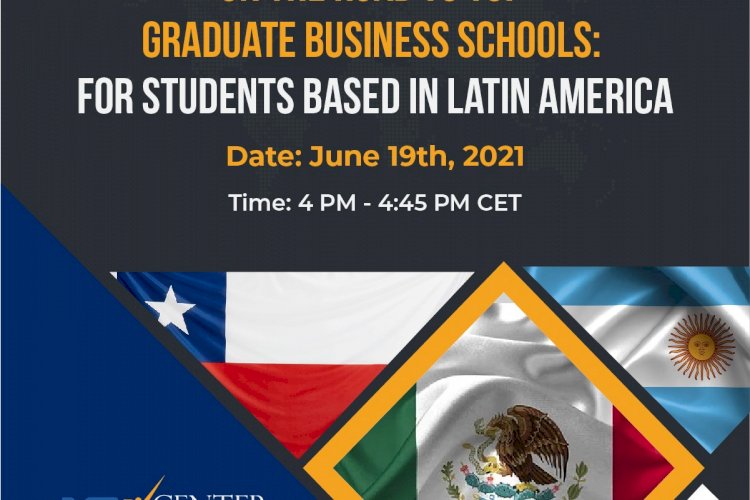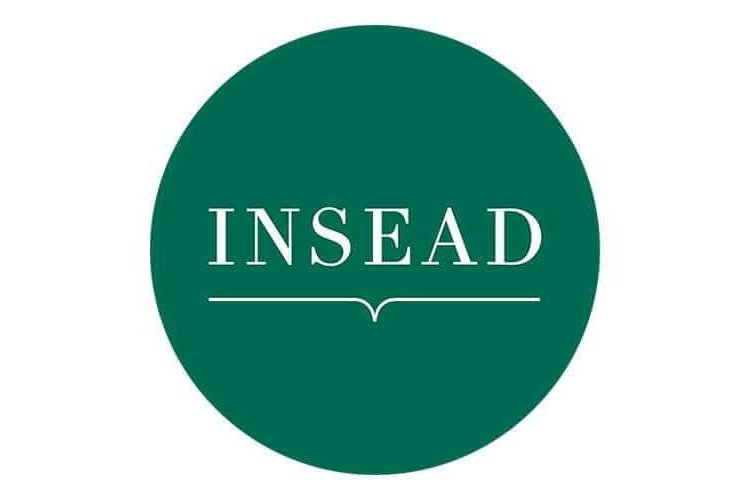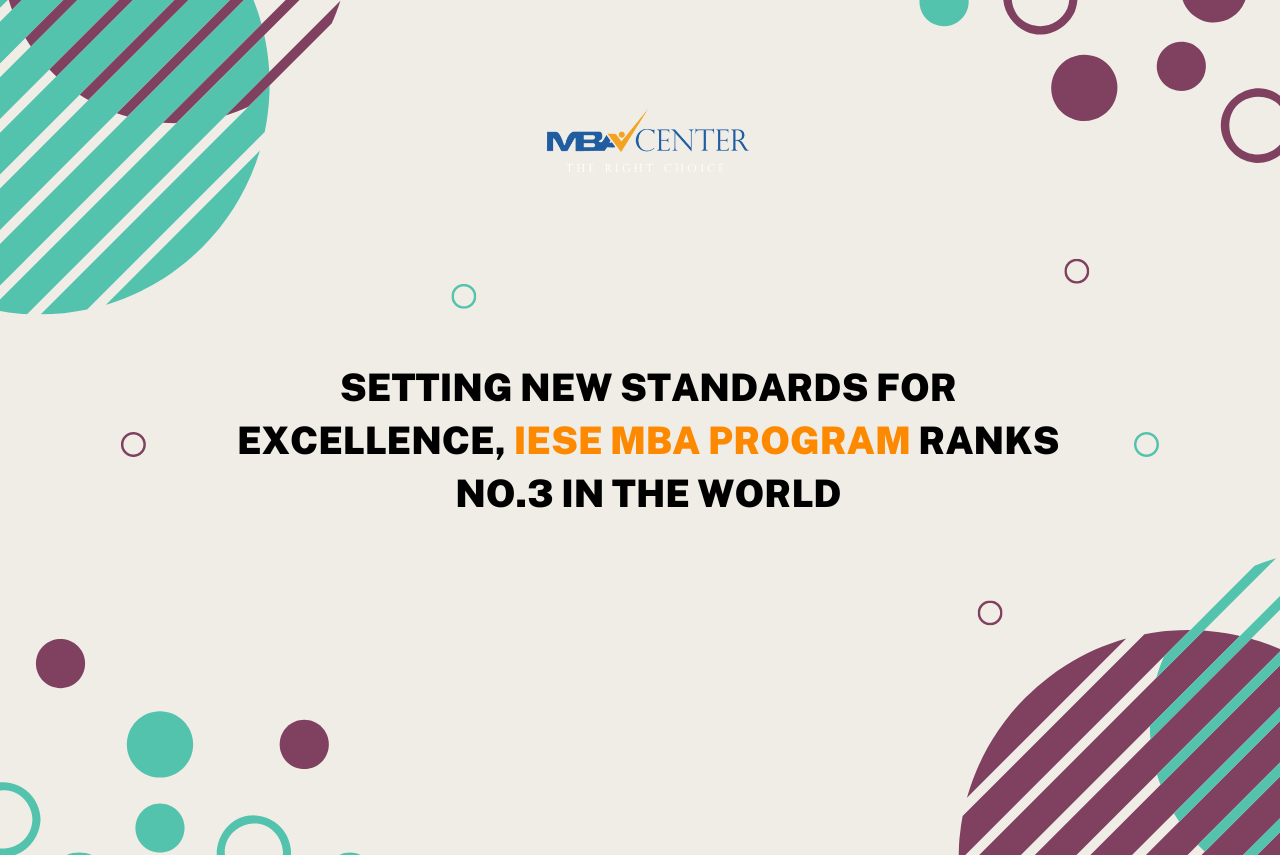
An Executive Master of Business Administration is often a two-year program aimed at business executives with at least five years or more of managerial and business experience. The average age of students is around 35 years old. Executive MBA students usually decide to keep their full-time positions within the firm they work for and typically go to classes and study on Fridays and the weekends. They usually face faster-paced structured curiculum, but they cover the same material as in the regular full time MBA programs. EMBAs offer fewer classes, and they're designed so that students take most classes, if not all, with the same group of students. Check out our article on the factors to keep in mind before applying to an Executive MBA program!
Applying to a top-tier Executive MBA program is a complicated process. To ensure your application stands out and you get accepted to your dream school, keep in mind the following factors:
1) Have Substantive Work Experience
The “E” in EMBA stands for executive which means that admission committees are looking for applicants with significant professional experience, responsibilities and achievements that will enhance learning for classmates, develop the alumni network and enhance the school’s brand. The average EMBA student generally has 10-20 years of full-time work experience.
2) Don’t Worry About Your Undergrad GPA
Ad-coms focus on professional background and experience to assess intellect, knowledge and problem-solving skills. Your undergrad GPA is less important.
3) Confirm whether the GMAT or GRE Are Required
Standardized tests provide a common denominator for comparing candidates with limited work experience. Many EMBA programs don’t require them like the Cornell EMBA Metro NY program. But when schools do, scores matter. For the Wharton EMBA, the GMAT range of 630-750 is similar to top-tier MBA programs. If you take the GMAT or GRE, even if not required, a top score can strengthen your application.
4) Concentrate on Your Leadership Experience
Applicants should showcase leadership in the workplace. Mid-level executives often have more family-related responsibilities than recent college grads, and less time for outside activities. Schools know that. While being president of a community group is commendable, it’s not really necessary.
5) Use Recommendations to Document Support
Choose recommenders who can confirm your character, leadership potential, teamwork mindset and relevant work experience. Applicants, worried about job security and promotability, may be reluctant to approach their current employer. Yet, most EMBA programs still require an employer’s written statement of support.
6) Write Essays to Confirm Your Commitment
Applicants can use essays to highlight how and why they’re a great fit for the program and also discuss their specific post-EMBA career path and commitment to achieve a clear, long-term goal.
Schools want to admit people who will actually complete the program. Essays are a way to assess the applicant’s determination and flexibility to achieve that goal.
7) Interview to Show Executive Presence
Admission officers verify an applicant’s listening, talking and thinking skills. Being a team player is key. Interviews allow schools to weed out people with any hint of arrogance, temper, timidity or other behaviors that could impede learning and bonding among classmates.
8) Target the Best Possible Schools
EMBA candidates begin with a shorter list when targeting schools than MBA applicants because they are often limited to a particular city or region. When comparing schools, criteria to consider include program timing and duration, curriculum relevancy with your needs and goals, faculty reputation, logistics of attending evening or weekend classes as well as any longer residencies, online components, alumni network and the total cost of tuition and other expenses. You’ll also want to review the profiles of typical admits so you can compare the competitiveness of your professional, academic and personal background to other applicants.
 MBA Center Global
MBA Center Global 























